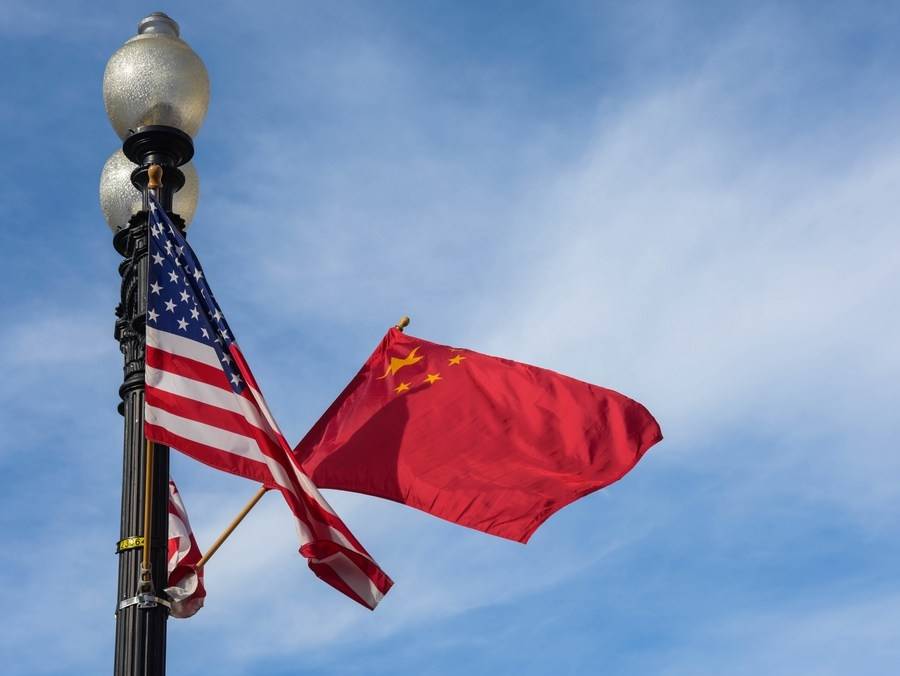A Toronto-based think tank highlighted China’s role in the trade of synthetic drugs, which has led to concerns about possible involvement in the US opioid problem…reports Asian Lite News
Fentanyl, a nameless killer touted as the deadliest drug threat facing the United States, is waging an all-out assault on the most powerful country in the world.
Fentanyl is a synthetic opioid that is 50 times more potent than heroin. Just two milligrams of fentanyl, or the amount that could fit on the tip of a pencil, is considered a potentially lethal dose, according to the US government.
“In 2021, a record number of Americans – 107,622 – died from a drug poisoning or overdose. Sixty-six per cent of those deaths can be attributed to synthetic opioids such as fentanyl,” the US Justice Department said this week.
On Tuesday, the US government announced the results of an enforcement operation that spanned from May to September and resulted in significant fentanyl seizures across the United States.
As part of the One Pill Can Kill initiative, the DEA and its law enforcement partners seized more than 10.2 million fentanyl pills and approximately 980 pounds of fentanyl powder during the period of May 23 through Sept. 8, 2022.
The US Justice Department said the amount of fentanyl taken off the streets during this surge is equivalent to more than 36 million lethal doses removed from the illegal drug supply.

In an editorial, a Toronto-based think tank highlighted China’s role in the trade of synthetic drugs, which has led to concerns about possible involvement in the US opioid problem. “The production of illegal fentanyl, the majority of which was destined for the American drug market, was outlawed in China three years ago as a result of a vigorous diplomatic campaign by the United States. Since then, most of the illicit fentanyl production has moved from China to Mexico, where it is produced on an industrial scale utilising chemicals imported from China as precursors,” the International Forum For Rights And Security (IFFRAS) said.
The IFFRAS said the sale of precursor chemicals and the illicit funds obtained from it has supported China’s economy at a time when it has struggled to recover from the global financial crisis. However, it is unlikely that the opioid crisis is a part of some large-scale Chinese hybrid campaign against the United States.
The think tank argues that the opioid problem has also turned into a political negotiating chip for the Chinese government as tempers are once again rising over the Taiwan Strait.
“In protest of US congressional travels to Taiwan last month, China froze all counterdrug cooperation with the US, saying the consequences of undermining bilateral ties and hurting China-US counternarcotics cooperation should be entirely borne by the U.S. side,” the Canadian think tank said.
It states that China does not have many reasons to contribute to stopping the flow of pharmaceuticals to the US. At the same time, Washington needs to convince Beijing to crack down on Chinese chemical businesses.
According to IFFRAS, both US and China must find a way to cooperate on areas of shared concern, such as drug trafficking, as they are both major players in the global community.
In a bid to establish itself as an accountable member of the world community, China must stop the flow of dangerous narcotics into the United States. Meawhile, Washington needs to employ all of its military might to protect the citizens from the opioid crisis regardless of China’s cooperation. (ANI)

Leave a Reply